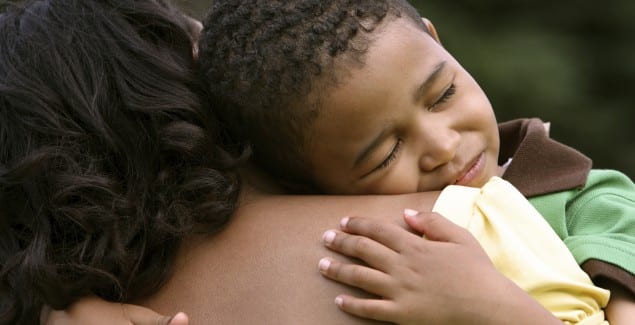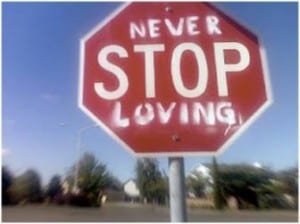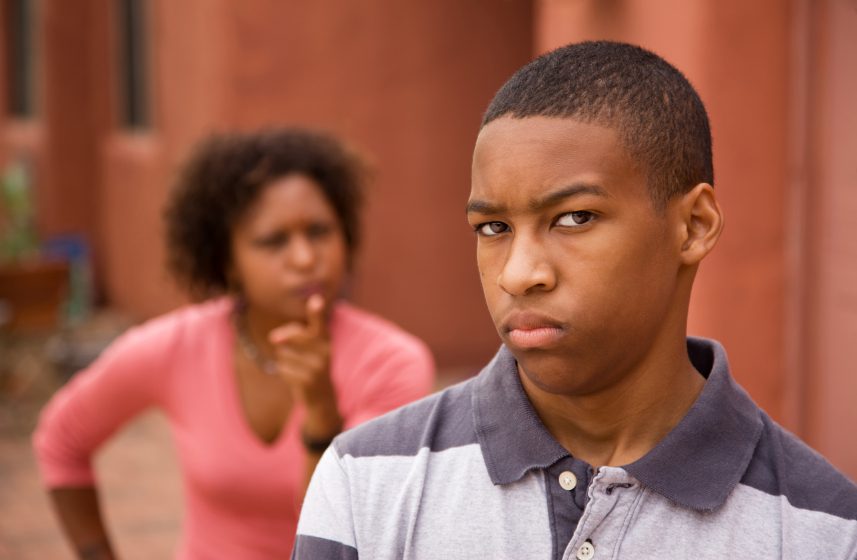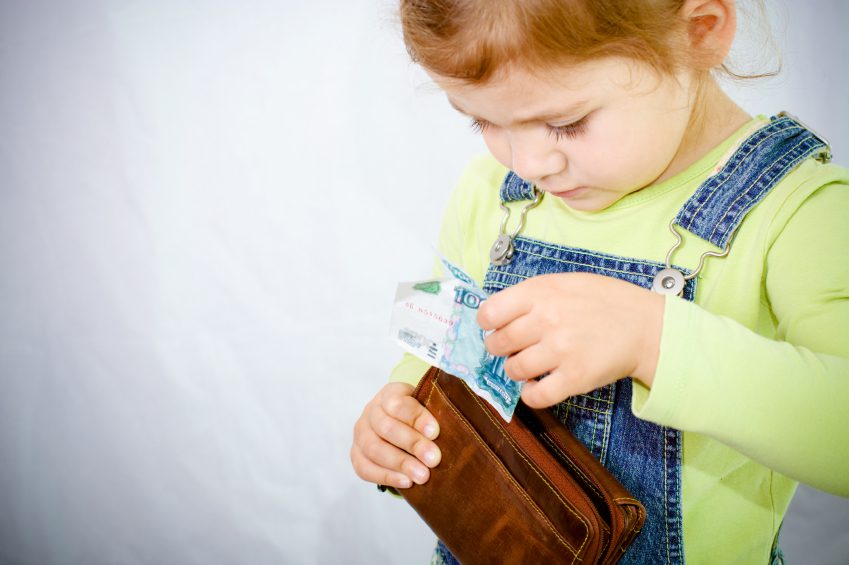I’ve Stopped Hating You

Posted in: You & Your Family
Topics: Relationships
As a psychiatrist, I am always interested in how my adolescent and teen patients say goodbye to their parents after being admitted into our residential programs. Subsequent to their arrival, we will schedule a speakerphone conversation with their parent(s); some kids readily say “I love you” as they say their goodbyes, and others don’t.
It’s the same with parents. After we hang up the phone, I typically ask my patients what it was like to hear or not hear “I love you,” as well as their reasoning for why or why not to say it back. Some families just don’t say it—especially in reserved New England—but I have to assume that on some deep level, of course we know that a parent loves a child, and vice versa. Most of my patients know this, even if it is not said at home. And, parents also “know” on some level. But, there can still be doubt when the words themselves are not forthcoming. And, if the absence is too long, when the words are spoken, they can feel so foreign as to breed suspicion and mistrust before acceptance.
Recently, a patient told his parents that he hated them. They were shocked and dismayed, retreating into an abyss of true sadness and loss. My patient was truly astonished at their reaction, but could find no way to repair the wound he had seen in his parents eyes, the lilt of their voices, the shift of their bodies as they communicated clearly how hurt they were at his words.
It reminded me of a time when my son Jason was 6 years old. He had been unjustly sent to bed, snared in a miscommunication between his mother and myself. (See how easily innocent people can be hurt by a miscommunication between others!) He was furious, rageful; his play time had been summarily and unceremoniously curtailed. The envy he felt about the power over him was captured in the protests of a 6-year-old body.
The next morning, I apologized to Jason at breakfast. He had every right to be angry, as his mom and I had made a mistake. We had not understood each other, and he, consequently, had been caught in the middle and sent to bed. We made it up to him by letting him choose a night when he could get that time back and have a later bedtime.
That night, as we always did, Jason and I snuggled before bed. “You were really mad at me last night,” I said. “Are you still mad at me?”
My 6-year-old boy, nestled in my arms, looked up at the ceiling. “Dad,” he said, “I’ve stopped hating you, but I never stopped loving you.”
I later shared this idea with my patient who had told his parents he hated them. With amazement, he recognized that we can feel more than one thing for a person at a time—that it’s normal to sometimes get so angry that you feel a temporary sense of hatred and disgust. However, that underlying feeling of love beneath it all is never erased.
The next day, my patient told me that he had spoken with his mom. They spoke about his feelings of anger and hatred; but also about the fact that beneath it all, he had never stopped loving her. He hadn’t really realized it, but it was true. And now that he had remembered and unmasked that love, he felt enormous remorse that he had hurt her so. He told me his mother had cried.



 Share
Share Tweet
Tweet





